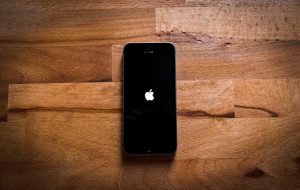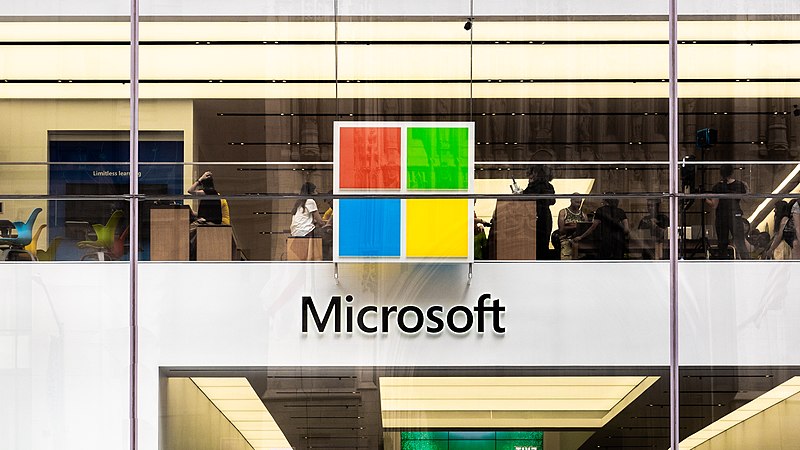The lawsuit, filed on behalf of two nonfiction authors, seeks to represent the “tens of thousands” of writers whose materials have been appropriated by OpenAI in the training of its ChatGPT tool.
Two nonfiction authors have filed a lawsuit against Microsoft and OpenAI, claiming that the companies “simply stole” the writers’ copyrighted workers to train profitable artificial intelligence-powered language models.
According to CNBC, the lawsuit was filed late last week in a Manhattan-based federal court. The complaint echoes claims made by The New York Times, which recently filed its own claims against both Microsoft and OpenAI.
Microsoft, notes CNBC, invests heavily in OpenAI and provides some of the technology and resources that OpenAI needs to process massive amounts of digital information.
In their lawsuit, authors Nicholas Basbanes and Nicholas Gage allege that the two companies “publicly acknowledged that copyright owners like Plaintiffs must be compensate for Defendants’ use of their work.”
Basbanes and Gage have also said that they are seeking class-action certification. If approved, the class would likely be open to most writers “whose copyrighted work has been systematically pilfered” by the defendants.
“They’re no different than any other thief,” the lawsuit says, suggesting that a potential class could encompass tens of thousands of people.
The complaint, adds CNBC, seeks damages of up to $150,000 for each copyright infringed upon by the defendants.

Mike Richter, an attorney for the two writers, said that OpenAI’s unabashed use of copyrighted works—almost all of which were accessed, analyzed, and replicated without the original authors’ permission—is “pretty outrageous,” and comparable to a homeowner refusing to pay builders for structural features that are not physically visible.
“For some reason, companies seem to devalue the work of writers,” Richter told CNBC.
OpenAI has since defended its use of copyrighted material as compliant with “fair use” doctrine. Under fair use doctrine, parties may use copyrighted material without the copyright holder’s permission under a limited range of circumstances.
“We believe that the training of AI models qualifies as a fair use, falling squarely in line with established precedents recognizing that the use of copyrighted materials by technology innovators in transformative ways is entirely consistent with copyright law,” OpenAI wrote in a November filing.
However, some trade representatives and specialists have said that there is a fundamental difference between fair use, natural learning, and A.I.-driven language modeling.
“It’s not learning the facts like a brain would learn facts,” News/Media Alliance chief executive Danielle Coffey told The Washington Post. “It’s literally spitting the words back out to you.”
This notwithstanding, OpenAI maintains that it “respects the rights of content creators and owners,” and is “committed to working with them to ensure they benefit from A.I. technology and new revenue models.”
OpenAI has indicated that it has tried to negotiate with entities like The New York Times—and was somewhat taken aback when it was served with a copyright infringement lawsuit.
“Our ongoing conversations with the New York Times have been productive and moving forward constructively, so we are surprised and disappointed with this development,” OpenAI said after receiving notice of the Times’ lawsuit. “We’re hopeful that we will find a mutually beneficial way to work together, as we are doing with many other publishers.”
Sources
AI’s future could hinge on one thorny legal question
Microsoft, OpenAI sued for copyright infringement by nonfiction book authors in class action claim


Join the conversation!